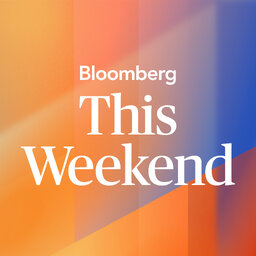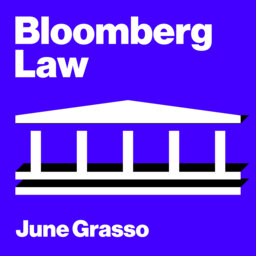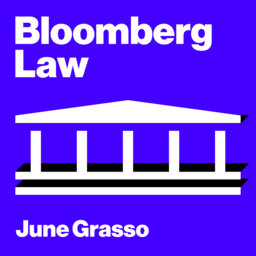SBF Faces Tough Cross-Examination
Former federal prosecutor Michael Weinstein of Cole Schotz and Bloomberg legal reporter Ava Benny-Morrison discuss Sam Bankman-Fried’s cross-examination. Fara Sunderji, a partner at Dorsey & Whitney, discusses oral arguments coming up Wednesday before the Supreme Court over trademarking “Trump Too Small.” June Grasso hosts.
In 1 playlist(s)
Bloomberg Law
Expert analysis on legal issues and cases in the news. Host June Grasso speaks with prominent atto…Social links
Follow podcast
Recent clips

Introducing: Bloomberg This Weekend
01:08

Weekend Law: Big Oil Seeks Climate Lawsuit Reprieve; States Sue RFK Jr
38:54

Tariffs Struck Down, Erasing History & Climate Rule Revoked
36:40
 Bloomberg Law
Bloomberg Law